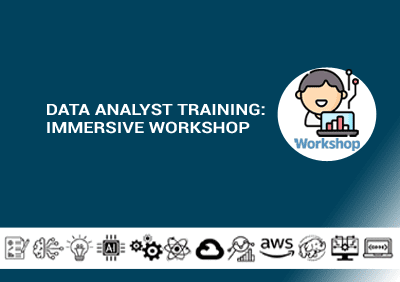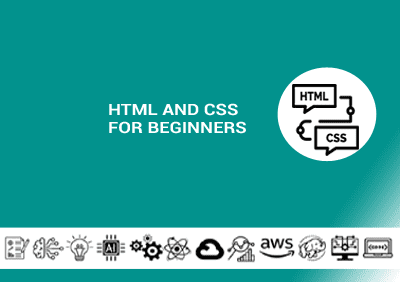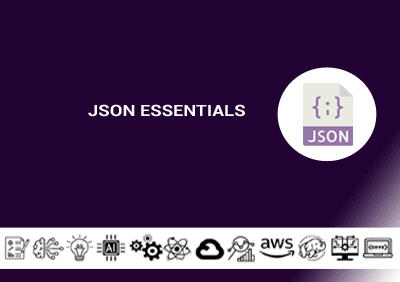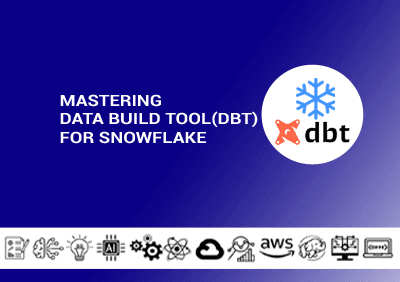- Overview
- Prerequisites
- Audience
- Curriculum
Description:
Ready to build cutting-edge applications powered by Large Language Models (LLMs)? Using LangChain is an open-source framework for building applications using Python. LangChain provides modular and user-friendly abstractions that can interface with any LLM – OpenAI, Hugging face, Bard, PaLM, etc. Using LangChain, you can develop innovative LLM solutions for wide variety of problems: Text Summarization, Answering Question using sources, analyzing structured data and much more. In this course, you will learn how to use various components in LangChain such as Model input-output, data connection, chains, agents and memory, you will also learn how to integrate vector sources such as FAISS and ChromaDB.
Duration: 1 Day
Course Code: BDT303
Learning Objectives:
After this course, you will be able to:
- Develop an understanding of what LangChain is and what are the different components of LangChain
- Explore model inputs and outputs when using prompts
- Understand how to connect the models to data sources, explore the document integrators, text embeddings and Vector Stores
- Learn how to build a chain that connects one call to another to build a robust application
- Understand how to leverage memory to keep track of message interactions with the model
- Learn how to build agents that will use different LangChain components to build applications
Must have some python programming experience.
This course is designed for software engineers, backend developers, full stack developers or business analysts who want to build Generative AI based applications with LangChain – no machine learning experience required.
1. Introduction to LangChain
- Understanding what is LangChain?
- Installing LangChain software
- Creating a simple prompt
- Hands-on: Create a simple prompt
2. Using Model Inputs and Outputs
- Introduction to Model: Inputs and Outputs
- Using an LLM with LangChain
- Using Prompt Templates with LangChain – zero, one and few shot prompts
- Hands-on lab with Model inputs and outputs
3. Understanding Data Connections
- Data connection introduction
- Document Loaders – Integrations
- Document Transformers
- Text Embeddings and leveraging Vector Stores
- Hands-on lab with these topics
4. Using Chains
- LLM Chain Object
- Understanding different LLM Chains
- Sequential and LLM Router Chain
- Hands-on lab with these topics
5. Using Memory for prior chats
- Introduction to Memory
- Different types of memories and memory buffers
- Hands-on lab with Memory
6. Agents
- Introduction to Agents
- Agents use of ReACT framework
- Explore different Agent Tools
- Hands-on lab with these topics
Training material provided: Yes (Digital format)
Hands-on Lab: Instructions will be provided to install Jupyter notebook and other required python libraries. Students can opt to use ‘Google Colaboratory’ if they do not want to install these tools




